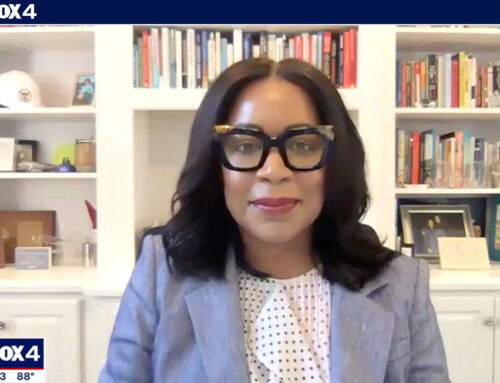Attention: Your Kids Still Need You After Graduation

It’s Graduation Season! Countless numbers of young people will make the milestone transition from high school to college and, after graduation to the work world.
Mom, dad, granddad, auntie and anyone who raised the Graduate is heaving a big sigh, feeling that the heavy lifting is done. Yes, tuition must be paid and sheets and towels purchased but most feel that the “childrearing” part of parenting is largely done.
Is it, though?
The Reality of Life After Graduation
When I ask my friends if their kid is ready for college, ready for the “real” world, they generally worry about their lack of laundry skills, seeming inability to hear the alarm go off on school mornings or whether they can live within their paycheck. But, very few express concern about the most important piece of the transition.
In the book, The Defining Decade: Why Your Twenties Matter And How to Make the Most of Them Now, by Meg Jay, PhD, the author reports that, “in the world of mental health, the lowest-functioning and the highest-functioning clients typically struggle with serious mental illnesses that are maintained more than cured.” Some high functioning clients are called YAVIS by mental health professionals: “young, attractive, verbal, intelligent and successful.” Sound familiar? Many of us describe our Graduates using the same favorable description, right? To be YAVIS is to be highly favored — to have a world of opportunity waiting for you — on the surface. The problem is this: when someone considered YAVIS has setbacks or trauma, family and friends, and oft-times therapists, cannot see past the “young, attractive, verbal, intelligent and successful image” to provide the support needed.
Assumptions and Stereotypes of the Parent of a Graduate
 Sometimes, we assume that when our kids hit the college years and beyond, we should somehow play a lesser, more diminished role in their lives. In fact, many colleges create this notion of artificial independence by, on the one hand, encouraging decision-making without parental input while, on the other hand, sending the tuition bill to the very parents whose influence they attempt to limit.
Sometimes, we assume that when our kids hit the college years and beyond, we should somehow play a lesser, more diminished role in their lives. In fact, many colleges create this notion of artificial independence by, on the one hand, encouraging decision-making without parental input while, on the other hand, sending the tuition bill to the very parents whose influence they attempt to limit.
In our zeal to not be labeled as the hovering helicopter parent, the over involved cosseter of our children, are we leaving them hanging when they need us most?
We all can recall those moments of panic during the college years. If we’re honest with ourselves, much of the panic rested firmly in the area of unconscious incompetence – we didn’t know what we didn’t know. Sure, there were academic hiccups and missed deadlines but the bulk of our angst was focused on the unknown, the what-ifs, the gray areas where much of life holds court. We were looking for the definitive, the black and white, the thumbs up or down… the one, right ANSWER. Anything short of that felt confusing and stressful.
Bring Your Experience to the Table
What we know as gray-haired adults with 50, 60, 70-plus years under our belt is that the bigger and bolder life gets, the more complex it gets. We know that the combination of knowledge and experience — wisdom — will have a calming effect on the panic of our college years. Over time, we learned that, in its simplest form, life is roller coaster ride of challenges with moments of happiness and calm that fortify us until we hit the next roadblock to navigate around. The sooner our Graduates understand this, the sooner they will realize that fantasies of full and complete independence are simply notions that distract us from building a full life interconnected with those whom we love and care about. It’s up to us to show them the way.
We should not be fooled by what our Graduates present on the surface. They need us to show them how to weather the inevitable storms, to seek the help of others, including mental health support, and to create a tribe that is supportive. They don’t need childrearing as much as they need guidance.
Transition from Teaching to Listening
They also need us to listen. The most empowering way to show someone you care is to listen, to empathize, to provide bits (emphasis on bits!) of wisdom. No matter our age, we all need a nonjudgmental listening ear and wise counsel to guide us through the years of unconscious incompetence. (Did I neglect to tell you that unconscious incompetence follows us through life?)
As we head into graduation season, take a moment to look beyond your Graduate’s YAVIS status to listen to them with intention. Take another moment to share a pearl of wisdom – not just cautionary tales but words that uplift and inspire. Consider it your small part in shaping the future. Guess what? It’s fun to help shape the future.
It’s time to cue up Pomp & Circumstance. Don’t forget the Kleenex!
Previously published on Primewomen.com





